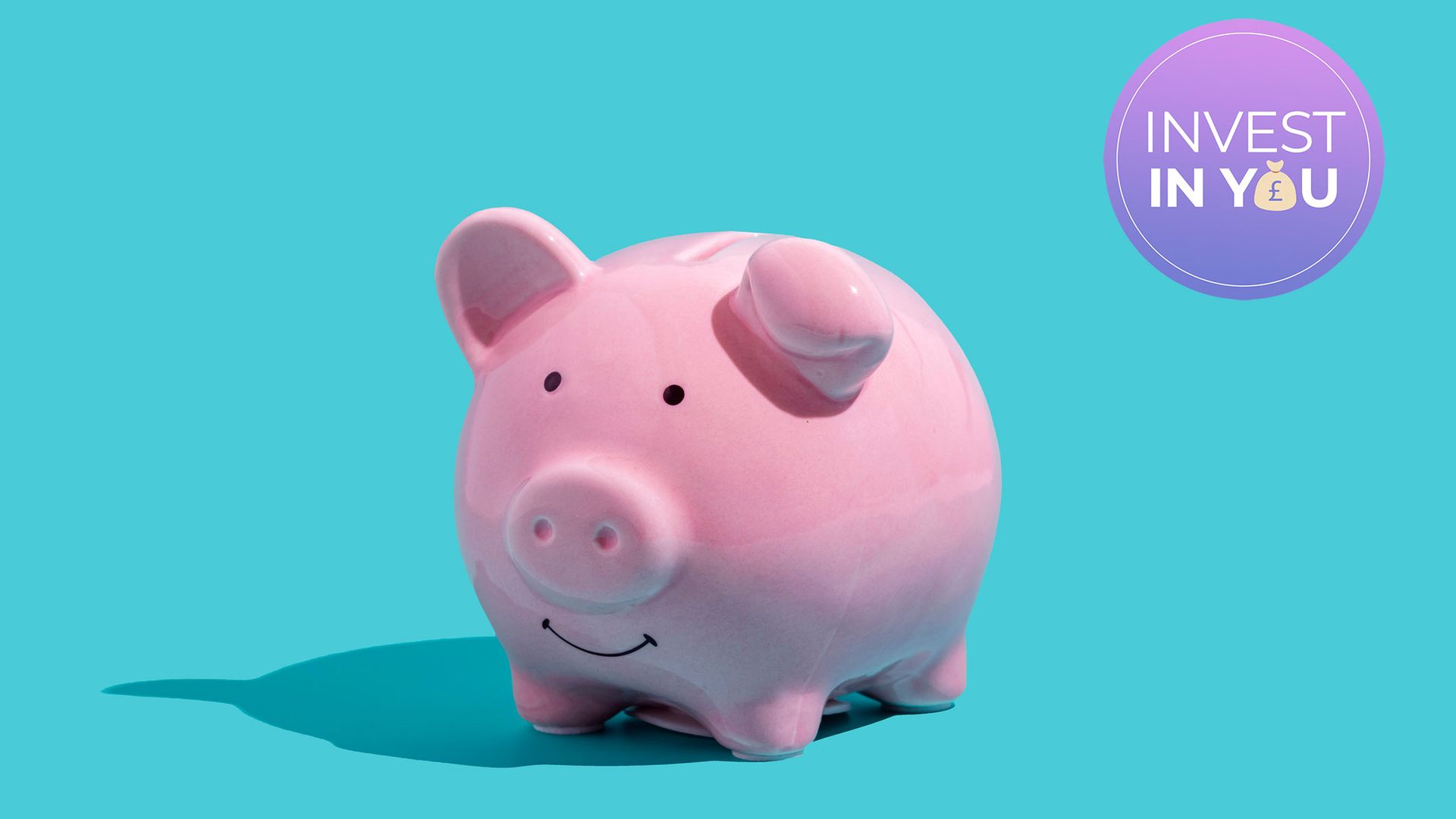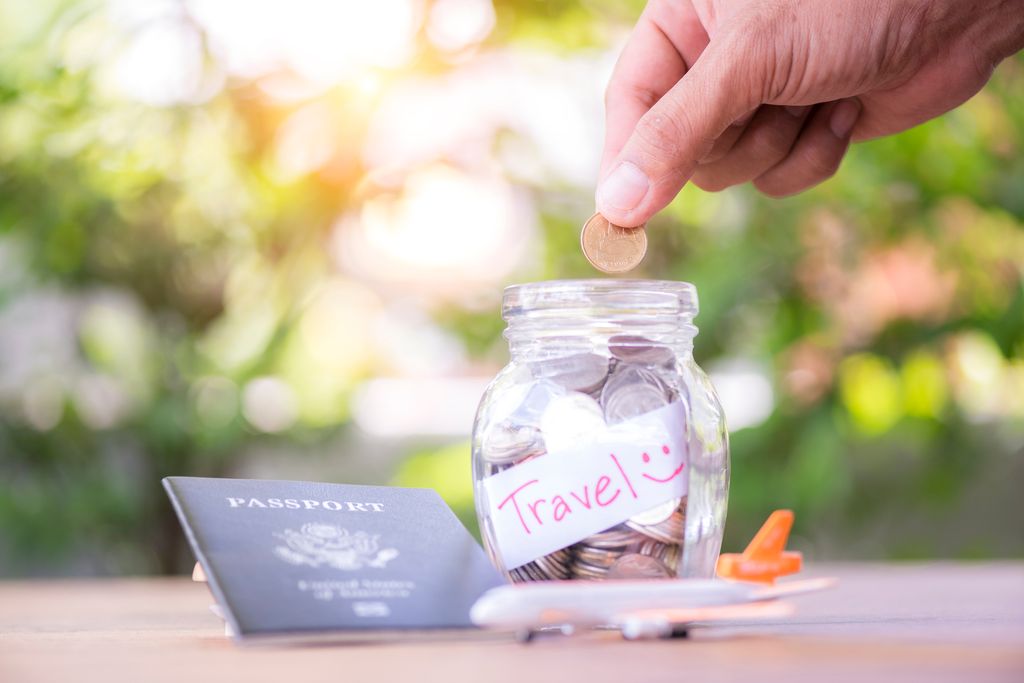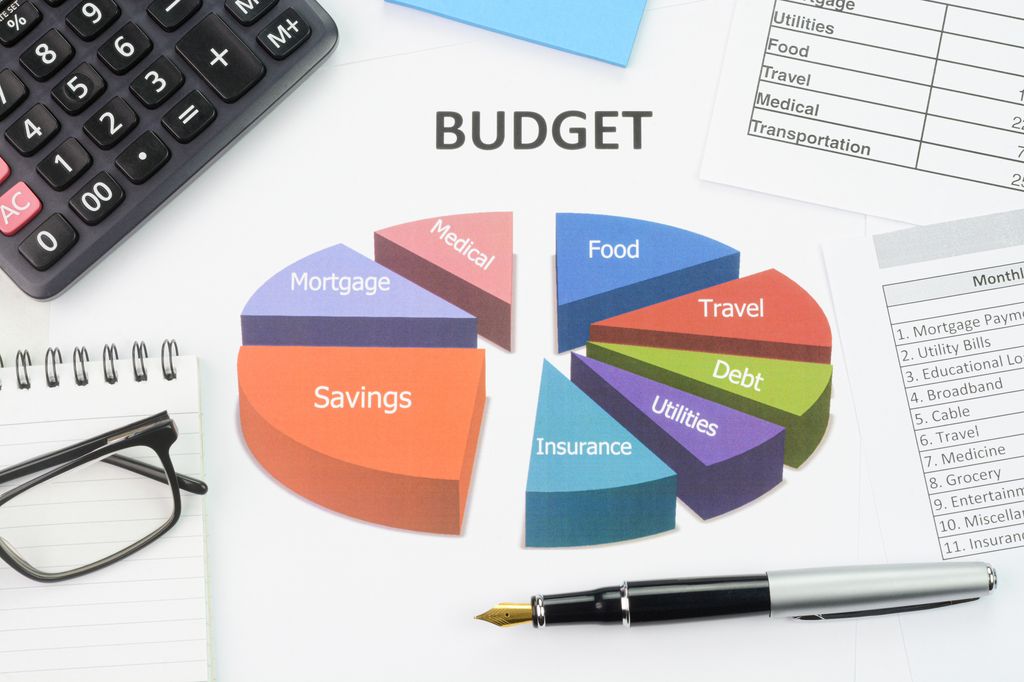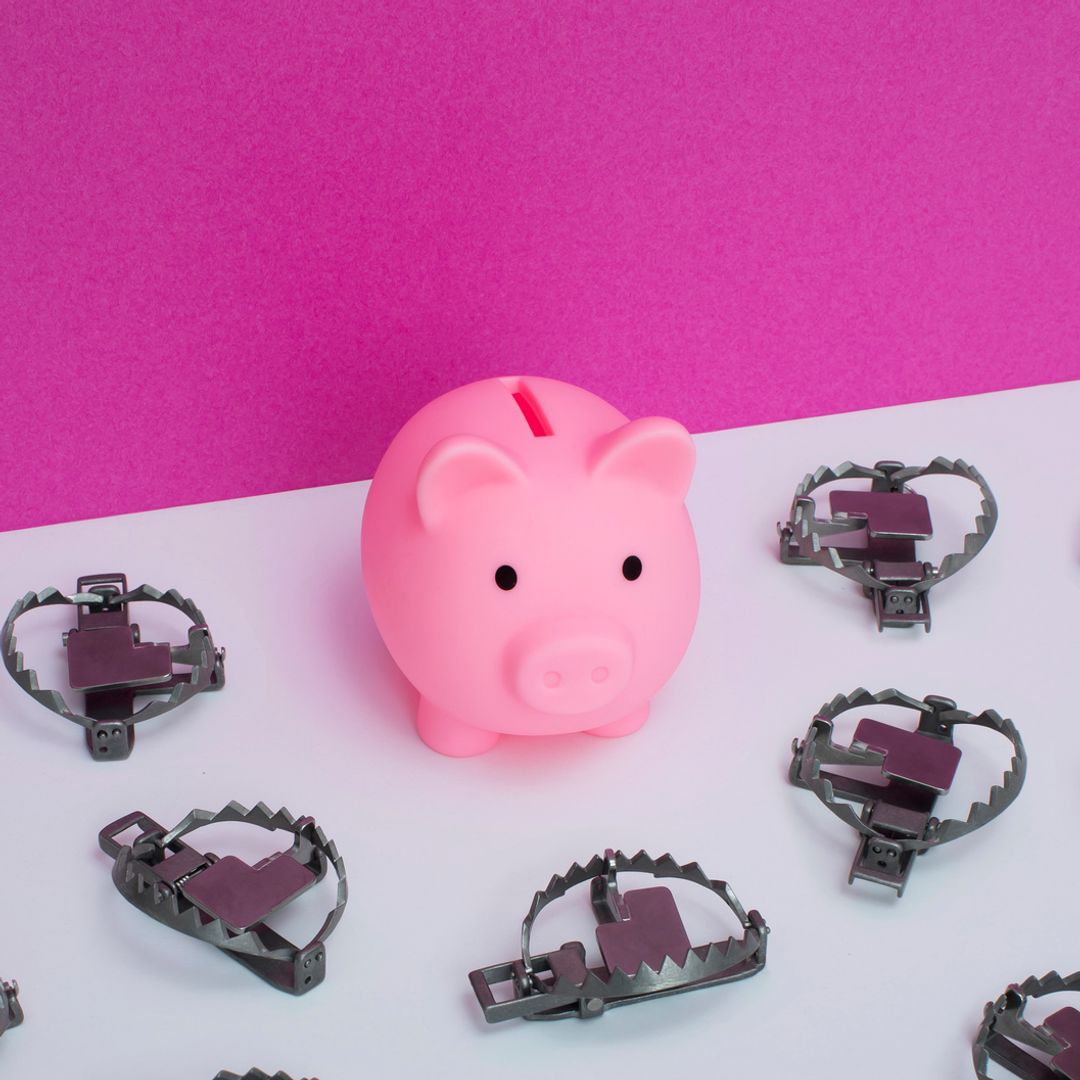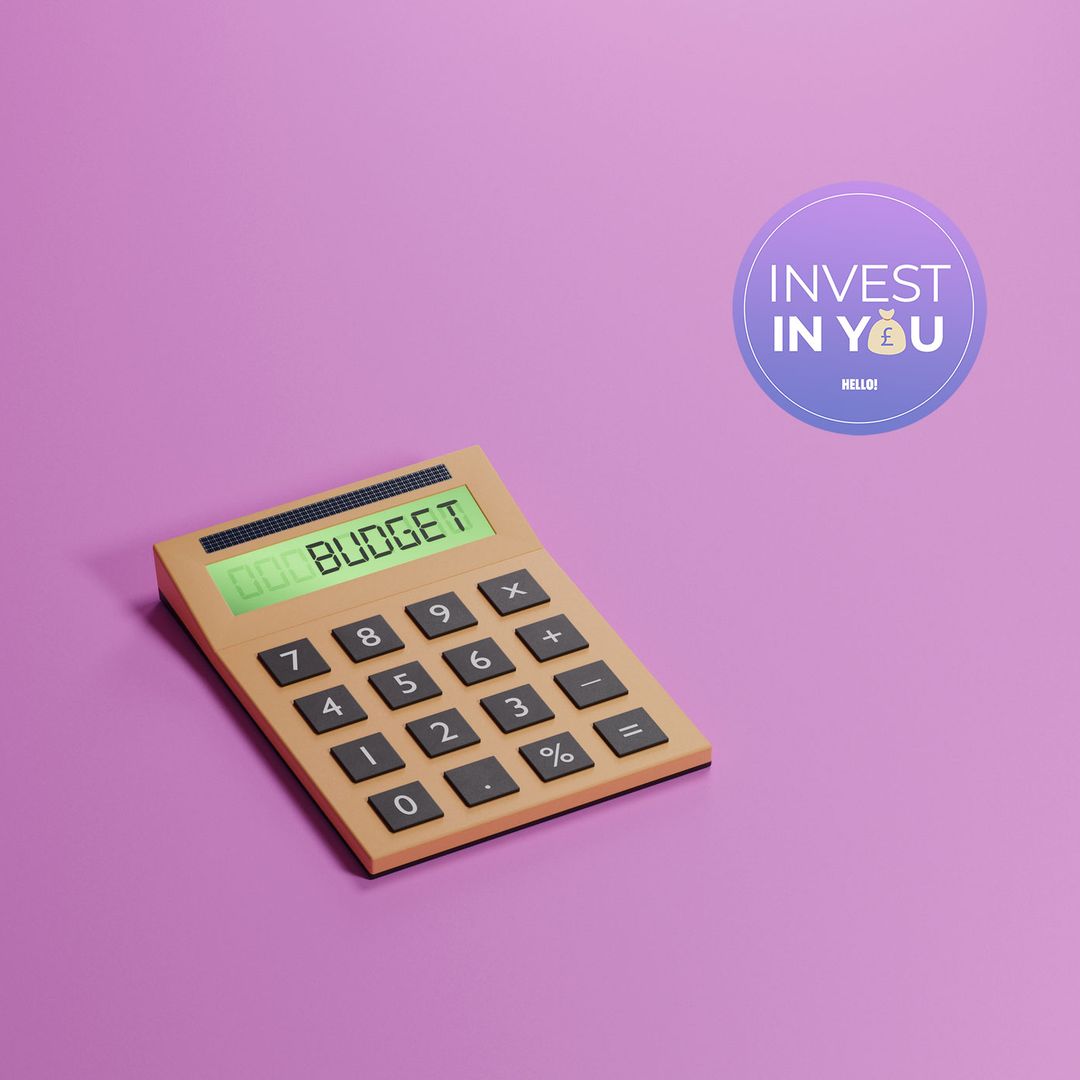Want to find out how you can save a few more pounds every month in 2024? Well, you've come to the right place. Before I share some top budgeting tips with you, however, what exactly does the dreaded b-word mean?
A budget is, in simple terms, the estimation of income and expenses over a given period of time - a month, a year, etc. It gives you the ability to visualise your money in versus money out, which enables you to cut costs where not needed and achieve your financial goals more quickly.
Bola Sol is a Financial Adviser and Author of 'How to Save It' so knows all about maximising your budget. She says: “'Budgeting is your roadmap to not spending your time worrying about your bank balance! It’s about being smart, not just with your money, but with your dreams. After all, those shopping sprees and beach holidays don’t pay for themselves!”
Seeing as most of us haven't yet received our first paycheck of the year, there is no better time than the present to get your finances in order. It turns out more than two fifths (42%) of people are prioritising their finances when it comes to making a change for 2024, according to the London Academy of Trading, and you should be too.
Here are the best ways you can budget...
1. Look at your bank account
Don't be afraid to look at your bank account statements. I know way too many people who don't look at their payslips or bank account statements because of shame or fear of what they might see. But think of it as ripping off a plaster; the quicker you rip it off, the easier the pain. It’s the first step towards tracking your spending.
When you are able to assess your income and see what your expenses are every month, you'll be able to see areas where you can cut back. You can manually track your spending with a pen and paper but that can be a bit tedious. The majority of banking apps such as Barclays, Lloyds, Monzo and Revolut have budget trackers and you can also find really easy budget templates for free online.
2. Open separate accounts/pots
Create separate accounts or pots to better manage your money. Having a main account for your income and bills, a spending account for your food shop and transport, an emergency fund for urgent expenses you haven’t planned for and a savings account for holidays or "fun" money gives you a clearer idea of where exactly your salary is going. It's a great way of spreading the cost of those once in a year holidays or gift purchases.
3. Pay yourself first
Automate your savings, investments and bills to come out on the same day. Doing this helps manage your money more easily, will avoid late payments and you'll know what you have left until the next payday. Bola is a keen advocate of this budgeting method.
She explains: "Imagine going to a concert and not seeing the main act. That’s your financial life without paying yourself first. It's not just important, it's essential! You work hard for your money, so make sure your money works hard for you too. Treat yourself like the VIP in your own life's concert."
4. Review your subscriptions
Most digital platforms have put their prices up in 2023. So now is a good time to review your direct debits and subscription spending. Analyse which subscriptions you could do without, and whether you could make savings by shopping around elsewhere. Most platforms offer the chance to pause subscriptions, so you can always come back to them later.
5. Set small, easy goals
Some financial goals take a long time to reach, so I set small winning goals to keep seeing victories. This was initially hard to do when I was first trying to make a budget. I thought I didn’t deserve a treat until all my debt was paid off and my savings goals were reached. However, to make habits stick you have to make them rewarding. Now, if I hit my savings target I treat myself to something small like my favourite makeup item or a fancy dinner in next month's budget.
Best budget methods
When it comes to budgeting, find a method that works for you. Some people prefer the cash stuffing method where you separate your cash into envelopes for each of your planned expenses, others prefer the 50/30/20, where 50% of your income is used for needs, 30% is spent on wants and 20% goes towards your saving.
Bola adds that "this particular method is like training wheels for budgeting. Allocate 50% of your income to your needs, 30% to your wants (yes, that includes those irresistible shoes), and 20% to savings/investments or debt repayment. It’s simple, efficient, and keeps you from pulling your hair out!"
RELATED: 13 instant changes to reduce your electricity bills
Then we have my personal favourite: the zero-based budget. The super simple method is basically your income minus expenses equals zero so every pound is counted for and goes towards something. Following a zero-based budget and doesn't mean living paycheck to paycheck though since you'll be squirreling away any extra cash into your savings.
